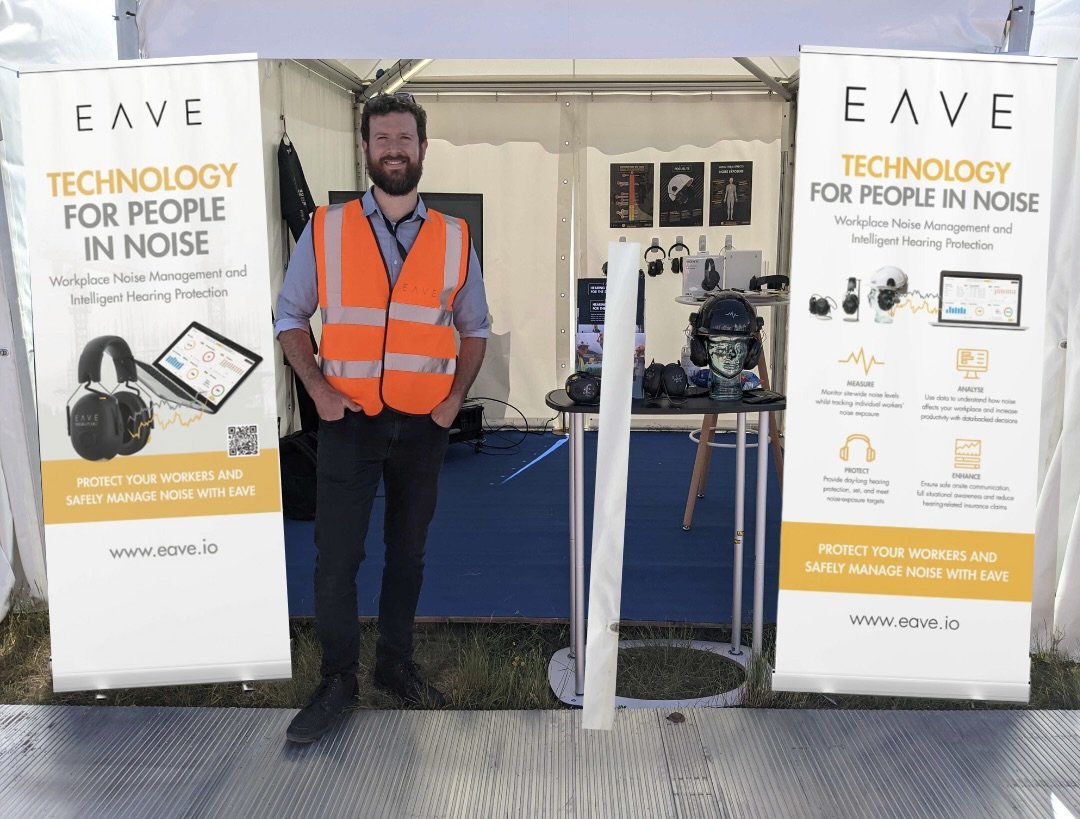HEARING PROTECTION FOR RAILWAY WORKERS
Are passive ear defenders enough?
Tens of thousands of British Rail workers use passive ear defenders every day whilst working in noise. But, passive ear defenders have been shown to inadequately protect workers from noise in the workplace. In fact, they are known to increase the risk of injury and death through accidents on the tracks. Not only that but they can even lead to an increase in the number of rail workers who lose their hearing through noise exposure as the protection is unknowingly not worn correctly.
Should they be banned?
In modern Britain, this is not acceptable. Today, there should be a ban on the use of these dangerous, passive ear defenders. Rail workers need a change in the equipment they are provided, moving from passive to level-dependant hearing protection. These allow rail workers to hear what’s going on around them, whilst still protecting their hearing. Further, without integrated fit-testing it is not feasible to know if the protection is being worn correctly, or at all throughout a shift
You may be aware of the recent tragic case of two railway workers who were killed by a train whilst working on a track on the Port Talbot line. It is believed that these two men could not hear the train approaching because they were wearing passive ear defenders that blocked out sound.
British rail workers should not have to choose between losing their hearing and losing their lives. Technological advances have provided alternatives to these dangerous passive ear defenders, which means they no longer need to make that choice.
Occupational deafness is preventable
This is the most commonly-reported workplace disease, yet it is entirely preventable. In British workplaces, noise is known to be the single largest contributor to deafness.
My own grandmother made equipment in the tunnels of the London Underground network during World War II. She lost her hearing because of this vital work, and for all the time I knew her she was frustrated by the two hearing aids she had to wear. Her hearing loss isolated her from those around her, especially when she was in situations where there was background noise, like a family get-together. This was tremendously sad. It isolated her and ultimately led to a diagnosis of dementia - the worst of it being that it could have been prevented had she been provided with the equipment that Eave now supplies to thousands of people across the UK who work in noise.
What can we do about it?
By working together and banning the use of passive hearing protection we can prevent the devastating impact of tinnitus and hearing loss on other British workers, especially rail workers who are particularly susceptible to the risks of noise exposure and reduced situational awareness.


